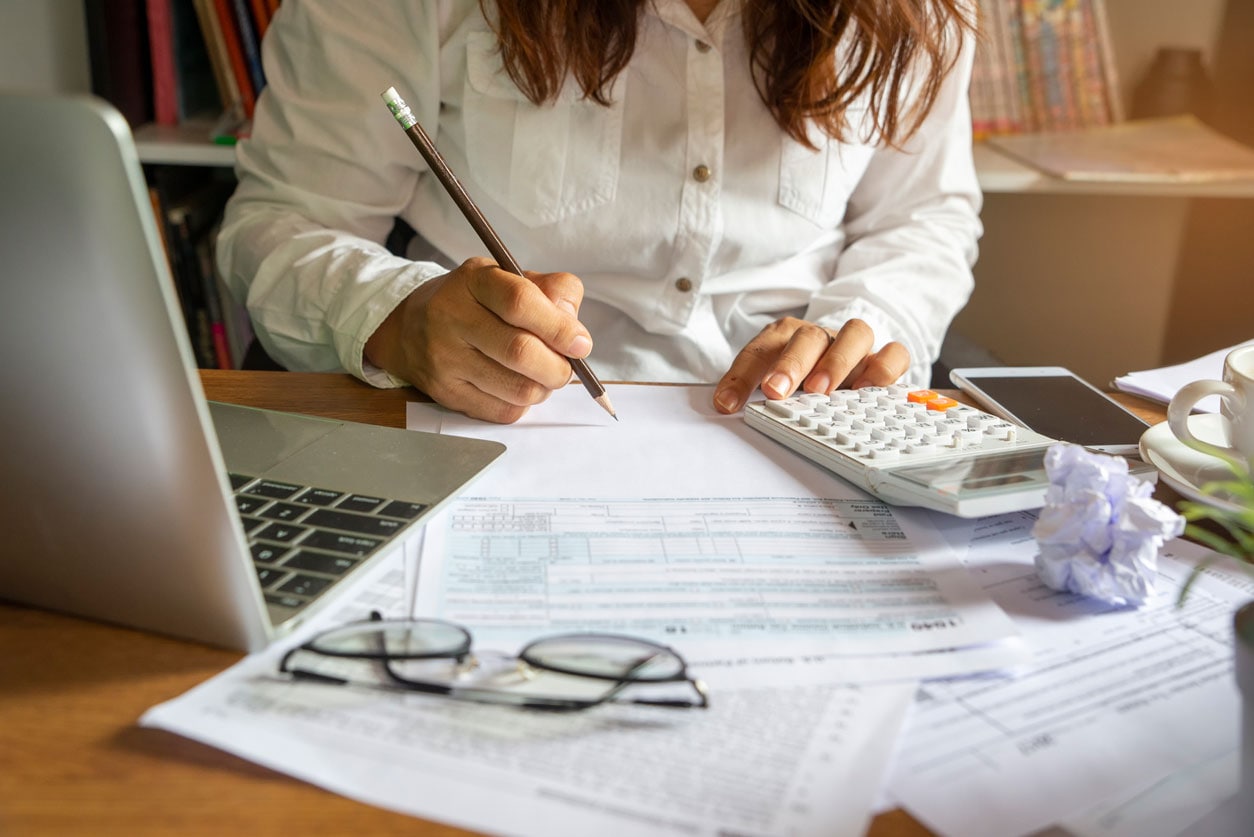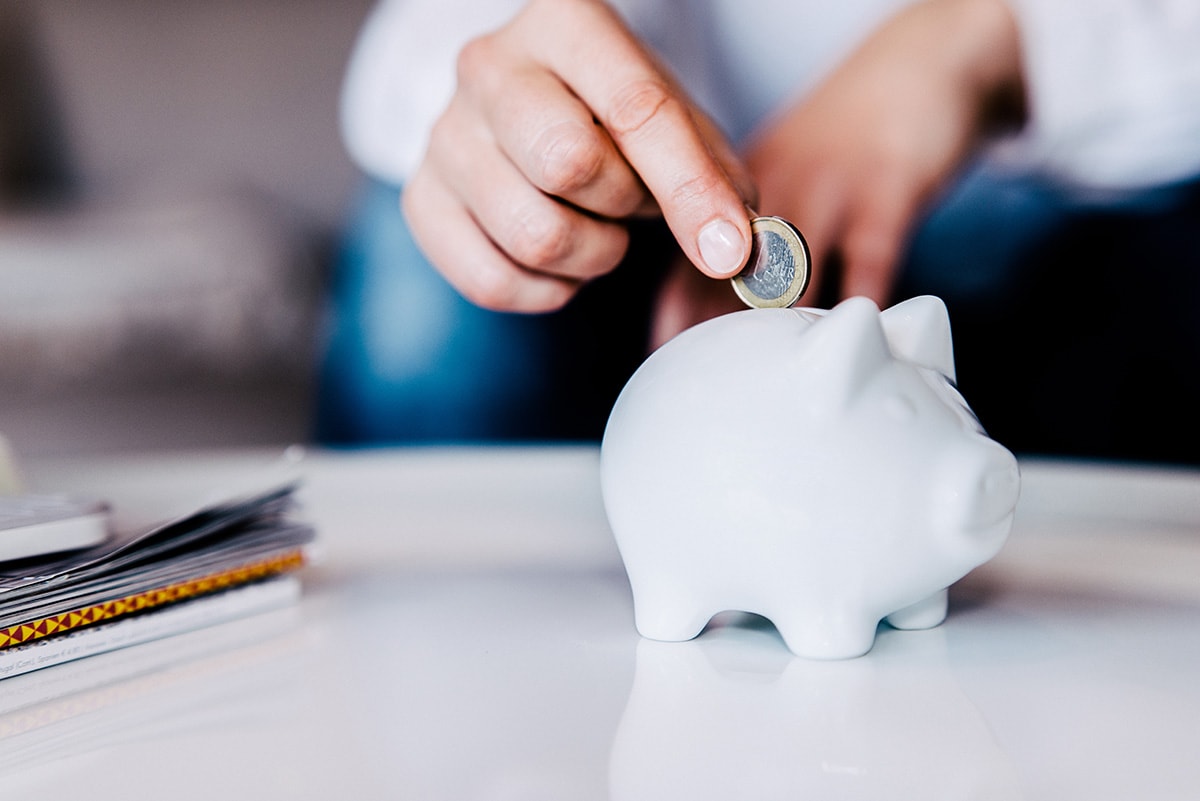What Happens When You Max Out a Credit Card?
7 Min Read | Published: August 5, 2024

This article contains general information and is not intended to provide information that is specific to American Express products and services. Similar products and services offered by different companies will have different features and you should always read about product details before acquiring any financial product.
See what happens when you max out a credit card, including the impact on your financial health and credit score. See how to handle a maxed-out card.
At-A-Glance
- A maxed-out credit card occurs when you reach your credit limit.
- Maxing out a credit card could result in declined transactions, increased minimum payments, a higher interest rate, and damaged credit.
- If you have a maxed-out credit card, it’s advisable to pay off the debt as quickly as possible. If this isn’t possible, you may want to consider debt repayment plan, or a balance transfer credit card or personal loan.
There are a number of reasons you might end up with a maxed-out credit card. Maybe you had an emergency expense come up last minute or perhaps you were making purchases and didn’t realize that you overspent. While maxing out a credit can have negative financial implications, the good news is that there are steps that you can take to resolve the situation. In this article, we’ll look at what happens when you max out a card and tips for paying off debt.
What Happens If You Max Out a Credit Card?
Maxing out a credit card happens when you reach your credit card’s limit. This could lead to a number of negative financial and credit implications.
Here are a few things that could happen if you max out your card:
- Transactions Could be Declined
Once your credit card is maxed out, there’s a good chance that your transactions will decline, but in some cases, your credit card issuer may allow you to go over your credit limit.1 Either way, you’ll want to avoid using the card any further. Adding to the balance will only increase your debt burden so it’s best to refrain from using it and instead work on a plan to pay down the balance. - It May Negatively Impact Your Credit Score
When you max out your credit card, you could end up damaging your credit. That’s because using a high percentage of your available credit can negatively impact your credit score, and maxing out your credit card increases your credit utilization ratio to 100%. In most cases, it’s advisable to keep your spending to 30% (or less) of your credit limit (or even lower).2 - You May Have an Increased Minimum Payment
Each billing cycle, you’ll be required to make a minimum payment, which will be based on your balance. If you max out a credit card and carry the balance forward, this will raise your minimum payment.3 - You Could Face Higher Interest Rates
Maxing out your credit card could result in a higher Annual Percentage Rate (APR), which could also result in higher payments.4 To keep your rate as low as possible, avoid reaching your credit limit.
What to Do If You Have a Maxed-Out Credit Card
If you’ve maxed out a credit card, there are steps that you can take to get back on track.
Here are some things you’ll want to consider doing if you’ve maxed out a card:
- Stop Using the Card
As soon as you realize you’ve maxed out a credit, stop using it. If you don’t, your transactions could get declined. But even if they don’t, adding to your card’s balance will make it harder to pay the debt off. In the event you do need to make purchases, you should use an alternative payment method and focus on working to pay down your balance as soon as possible. - Pay Off the Debt
The next step with a maxed-out credit card should be working to pay off the debt. Even if you can’t pay off your balance in full right away, you’ll still want to make at least the minimum payment on time. You’ll also want to consider using a payment strategy, such as the debt snowball or debt avalanche, to repay your credit card debt. The debt snowball method focuses on paying off the smallest debts first so you can build momentum and continue your efforts in becoming debt free. The debt avalanche method, on the other hand, involves prioritizing the highest-interest debts to save on interest. - Request a Credit Limit Increase
You may also want to consider contacting your credit card issuer and asking for a credit limit increase. You may need to provide information such as your employment status and annual income when requesting a credit limit increase. If you’re approved for one, remember to implement a budget to track your expenses. - Consider Consolidating Your Debt
Debt consolidation might make sense if you have a lot of high-interest debt that you can’t pay off right away. You may be able to roll all your debts from different cards into a personal loan or balance transfer credit card; ideally, one that has a lower rate. With this approach, you’ll only have one payment to make. It could also help you to save some money on interest. Keep in mind that if you have a low credit score, debt consolidation may not be a good fit.5 - Create a Budget
By building a monthly budget, you can stay on track with your spending and determine where you can reduce or eliminate expenses. As long as you stick to it, a budget is a great way to keep your credit card spending in check. Some of the most popular budgets you might want to consider include the 50/30/20 budget, the pay yourself first budget, and cash stuffing. - Consider Credit Counseling
Credit counseling is another alternative if you’d like some guidance with your finances. A credit counselor from a nonprofit agency can help you design a budget and repay your debts. Visit the National Foundation for Credit Counseling (NFCC) to begin your search for a reputable credit counselor and start the process.6 - Start Monitoring Your Credit
If you’re concerned about the impact that a maxed-out credit card may have had on your credit, you’ll want to check your credit score. You can obtain a free credit score and report through your bank, credit card issuer, or other credit-related websites.
Frequently Asked Questions
Maxing out a credit card can take a toll on your credit and finances. You should make every effort to stay within a sensible credit limit of 30% (or lower).7 If you do end up maxing out a credit card, it’s best to pay it off as soon as possible.
To keep your credit card balance low and avoid maxing out your card, consider setting up balance alerts and building an emergency fund that you can tap into instead. It’s also important to be mindful of your spending and only spend what you are confident you’ll be able to pay off.8
Depending on your credit card issuer, you may be allowed to go over your credit limit amount. However, it’s best to avoid going over your credit limit and instead work on a plan to pay the balance down.9
The Takeaway
Maxing out a credit card happens when you reach your credit limit. A maxed-out credit card can result in a higher interest rate and increased minimum payments. It may also damage your credit score. However, if you’ve maxed out a card, there are steps you can take to help get your finances back on track.
1,2,3,4,7 “What Happens When You Have a Maxed-Out Credit Card?,” U.S. News
5 “Pros and Cons of Debt Consolidation,” Forbes
6 “Your Guide to Understanding Credit Counseling,” Credit Karma
8,9 “Maxing Out Your Credit Card Can Take a Toll on Your Credit Score. Here are 4 Tips for Keeping Your Balance Low,” Fortune
SHARE
Related Articles
Tips on How to Pay Off Credit Card Debt with Personal Loan
Credit card debt is very common and costly. Here are a few strategies to help you pay off credit card debt fast.
What Is a Credit Limit and Why Does It Matter?
Your credit limit may be the maximum balance that you’re allowed to charge to your credit card. See how it can impact your credit score.
What Is an American Express® Savings Account?
Discover the features and benefits of an American Express® High Yield Savings Account, including mobile banking. Learn how to open an account.
The material made available for you on this website, Credit Intel, is for informational purposes only and intended for U.S. residents and is not intended to provide legal, tax or financial advice. If you have questions, please consult your own professional legal, tax and financial advisors.











